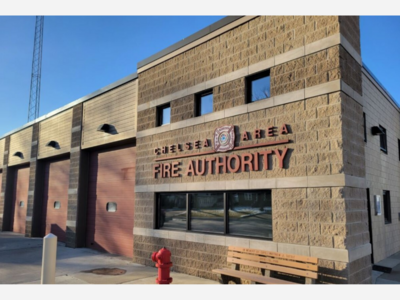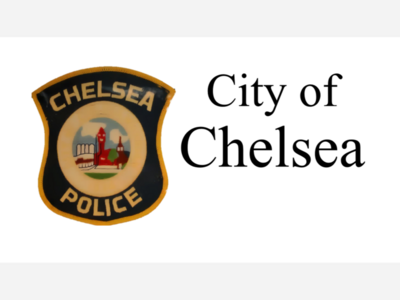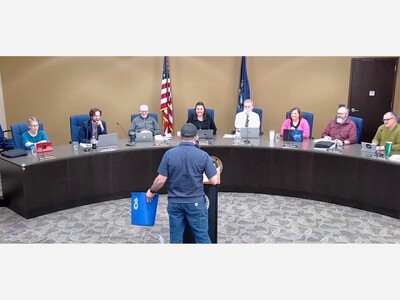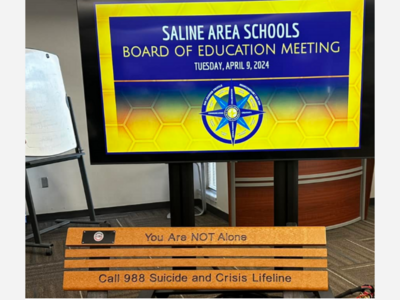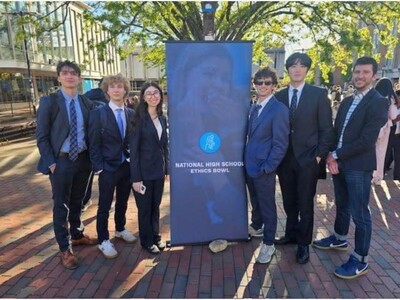What do we do Now? Part2 - Brainstorming Creative Solutions
By Carolyn Stilwell
This is part two of a column that aims to answer one of the main difficulties we face when we are struggling in the midst of conflict, that is the question, “What do we do now?”. Sometimes it feels impossible to find a solution that will meet everyone’s needs. While there are many different ways to get to collaborative solutions, this is one that I have found to be consistently helpful.The process outlined below is a simple way to generate ideas. This is especially helpful when folks feel stuck.
BRAINSTORM: One simple but often misunderstood tool for coming up with ideas is the brainstorm. Now before you groan, hear me out. Brainstorming is often not used properly. We’ve all been part of a “brainstorm” where your idea gets shot down before it even gets considered, or the person running the “brainstorm” is really just trying to get their idea chosen. Those are not a real brainstorm.
- In order to run a successful brainstorm someone (preferably someone who can keep their opinions to themselves) has to have the role of writing down ideas. Set a goal for what you want to accomplish. Your goal can be a time limit (as many ideas in 10 minutes as we can), a number of ideas (until we have 20 ideas), or going until you fill a whole sheet of paper with ideas. The idea is to force ourselves to generate more ideas than the first ones that come to mind.
- Write down EVERY idea that comes up. Even the ridiculous ones, the rude ones, the ones that will never work, the obvious ideas, the ideas that you’re just throwing out there to fill up the quota. ALL of them. While you write them down, try to separate the ideas as much as possible. For example, if someone says “We could bake cookies or cake.” You would write down two ideas, “We bake cookies.” and “We bake cake.”
- Once your list is complete, read the whole list. It helps to do this out loud, since writing quickly usually means that our handwriting or typing get muddled. Reading the list may generate more ideas for folks. Write them down! Even if it’s just a joke. But why are we writing down the ideas that aren’t serious you ask? Sometimes, a silly or even rude idea can lead us think of something we hadn’t thought of before. By including it as seriously as other ideas we allow our brains to think outside of the box.
- Now you’re ready to pick the ideas you want to use. Start by circling or marking the ideas that everyone agrees to right away. There’s usually at least one or two easy ones but if there aren’t that’s ok, just go on to the next step.
- Then use a different way (another color pen or symbol) to mark all the ideas that people may like but need tweaking before they can agree to them. Once all of these ideas are marked, go through each one individually and talk about what would need to be changed about the idea in order to make it work for everyone. If it’s clear that this idea can’t reach consensus, don’t spend a lot of time on it, just move on to the next.
- Repeat steps 4. through 6. until you have a decent number of ideas that everyone can agree upon.
- Remember, the solutions to your conflict do not need to be perfect. They don’t even need to address everything all at once. Sometimes just addressing one or two parts of the conflict at a time is enough to keep us moving forward. If you have even one idea that everyone agrees on, congratulate yourselves! If you have no ideas that everyone agrees on, but you successfully ran through the process, congratulate yourselves, that’s not easy either.
Remember, not all conflicts require discussion and problem solving, but when you are in one that does, it can be helpful to have some specific processes to follow. The process outlined above is certainly not the only way to move forward. Try different approaches and see what works for you. The important part is recognizing when you and others want to put forth the effort to work on collaboration and identifying a method that lets you do so.
This column is part of a monthly series created by the Restorative Justice Committee of Chelsea's One World One Family organization, [email protected]. The series invites readers to reflect on individual and community challenges such as conflict and crime, and the approaches we take to meeting them.

